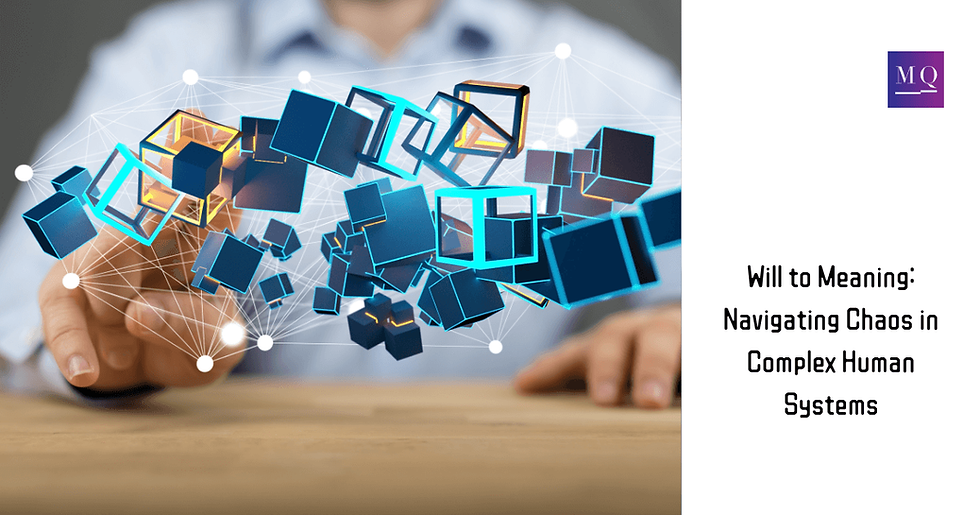Am I a Machine? - Being human in the age of AI (1/3)
- Deepak Bansal
- Oct 14, 2019
- 3 min read
Updated: Mar 20, 2025
Around 3.30 in the morning Chris wakes up, like almost every night of the last month. Deep inside his psyche, he is worried about getting replaced by AI. As a claims auditor for an insurance company, he has spent the last 10 years reading submitted claims, evaluating it based on his judgment, and submitting the report on whether and how much claim needs to be paid. As it seems now that a large part of what he does can be learned by machine and can be completed in minutes for which he took almost a couple of days, with a better success rate.
The case against Chris is strong and it has brought up deep-seated existential questions in him: Am I a machine competing with others for efficiency and effectiveness? What will be my role in society now? How can I evolve with Technology?

In this article lets focus on Chris’s first question. Are we a machine? According to the Oxford dictionary, a machine is a piece of equipment with moving parts and designed to do a particular job. We have moving parts that perform our part, but are we designed for a specific purpose? This question can have a multitude of subjective answers, however, there is no objective alignment whether the human being has a “known” purpose. Also, we can throw the machine away when it is not fulfilling its purpose, which is not a case with humans. So definitely, we are something more than a machine.
Aristotle, a 4th century BCE philosopher, in his book Rhetorik mentioned three modes of persuasion, leadership, and perhaps, being human: Logos (Logic), Pathos (Relations), & Ethos (Ethics). Logos (Logic) is the “it” component, which allows us to structure, design, and plan while Pathos, the “we” component, is about our relationality, connections, and emotional well-being. Ethos, the “I”, enables us to ask deeper questions about our values, and meaning. Being human is a summation, it + we + i.
Technology which is a result of a logical part of our self -reflective consciousness, can support or replace our logic-based tasks, however, it does not define us. Our humanness includes our relations with others and our quest for living our values. Even the thought that we could a machine, shows over-dependence of logic in our daily lives. We measure success with our positions, and work-experience, however rarely call out someone for their emotional being or personal meaning-driven work.
So Chris, yes, you could be a machine based on the mechanistic qualities! But since you can question it, feel it in the dark night of the soul, and can make changes to your life based on your values, you are experiencing the humaneness of your being.
It is true that in the current society we get mainly paid for our logical capabilities, but it is also true that machines can never fully replace humans because human systems are built by humans for humans. Perhaps the underlying socio-economic structures would change, but the human need for connection and meaning will remain. This could even be a blessing in disguise. Hopefully, we can outsource most of our logical thinking (logos) to technology, and regain the focus on emotional (pathos) and ethical (ethos) well-being. A place where technology becomes a partner in connecting us back to our humanity.
Deepak Bansal, a philosopher, engineer, & entrepreneur, is a founder of MQ Learning. He is passionate about integrating logic, relations, and human values for meaning driven personal and professional development.





Comments